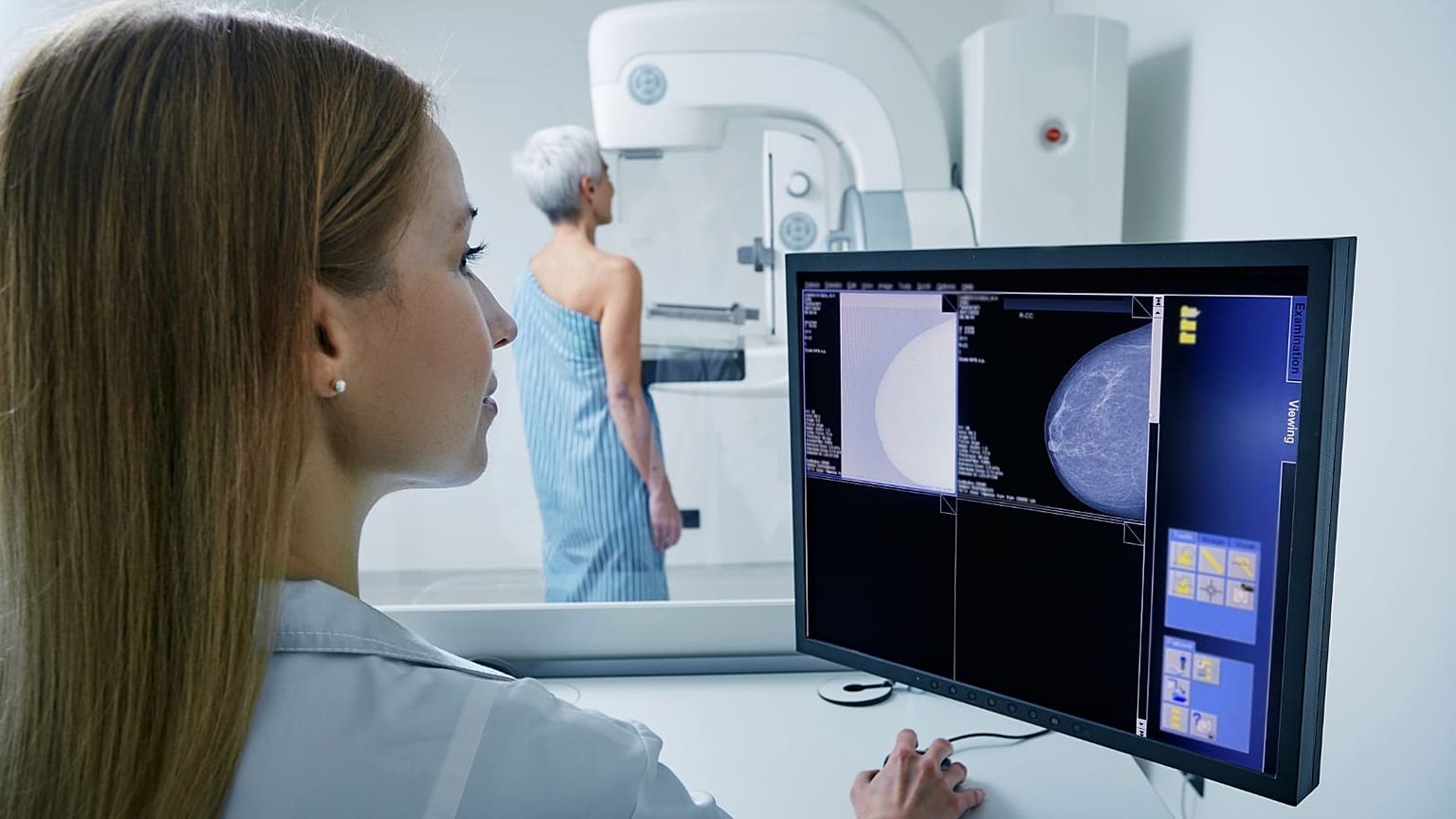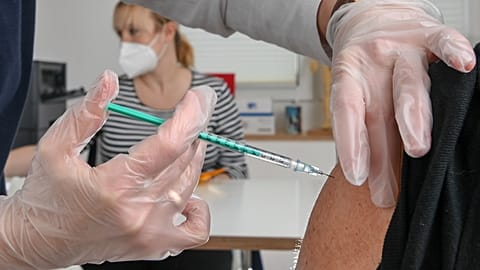The researchers said the new tool could make it easier to detect heart health problems in areas with uneven access to medical care.
Scientists in Australia have developed an artificial intelligence (AI) tool that can predict women’s heart health risks by analysing their mammograms.
The tool uses women’s ages and mammogram images, which are routinely used to diagnose breast cancer, to predict their risk of being hospitalised or dying over the next 10 years due to heart failure or another cardiac problem.
The researchers from Australian universities and The George Institute for Global Health, a medical research institute, said they created the AI tool because many women are not aware of or offered screenings to identify their heart disease risks.
That’s despite the fact that globally, cardiovascular diseases are responsible for about 35 per cent of deaths among women.
“It’s a common misconception that [heart disease] predominantly affects men, resulting in underdiagnosis and undertreatment of the condition in women,” Clare Arnott, global director of The George Institute’s cardiovascular programme, said in a statement.
By combining screenings for heart disease and breast cancer, “we can identify and potentially prevent two major causes of illness and death at the same time,” Arnott added.
The AI tool was designed and tested using data from more than 49,000 women, and the study was published in the journal Heart on Wednesday.
Tested against other models that require doctors to input more data about patients – for example their blood pressure and cholesterol levels – the new tool performed just as well, the researchers said.
Arnott said the “key advantage” of the model is that “it doesn’t require additional history taking or medical record data, making it less resource intensive to implement, but still highly accurate”.
The AI tool could help ensure women’s heart health risks are detected in areas with uneven access to medical care, said Dr Jennifer Barraclough, one of the study’s authors and a researcher at The George Institute.
She cited rural Australia, where mobile mammography units travel to offer free breast cancer screenings to women.
“We have shown the potential of this innovative new screening tool, so we now look forward to testing the model in additional, diverse populations and understanding potential barriers to its implementation,” Barraclough said.


















